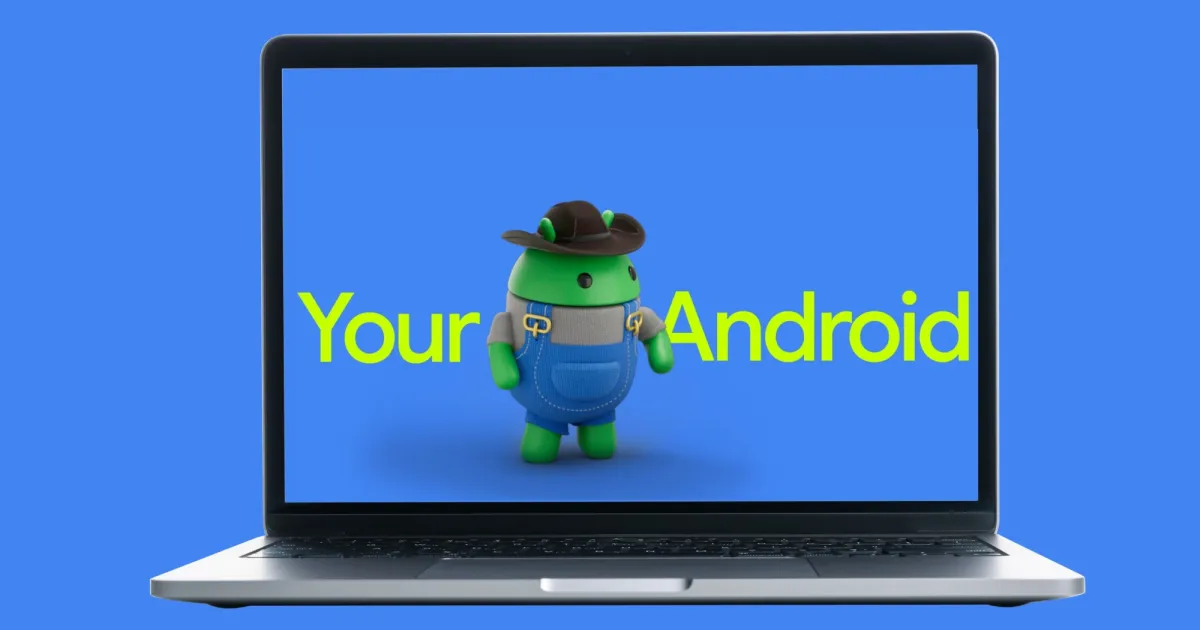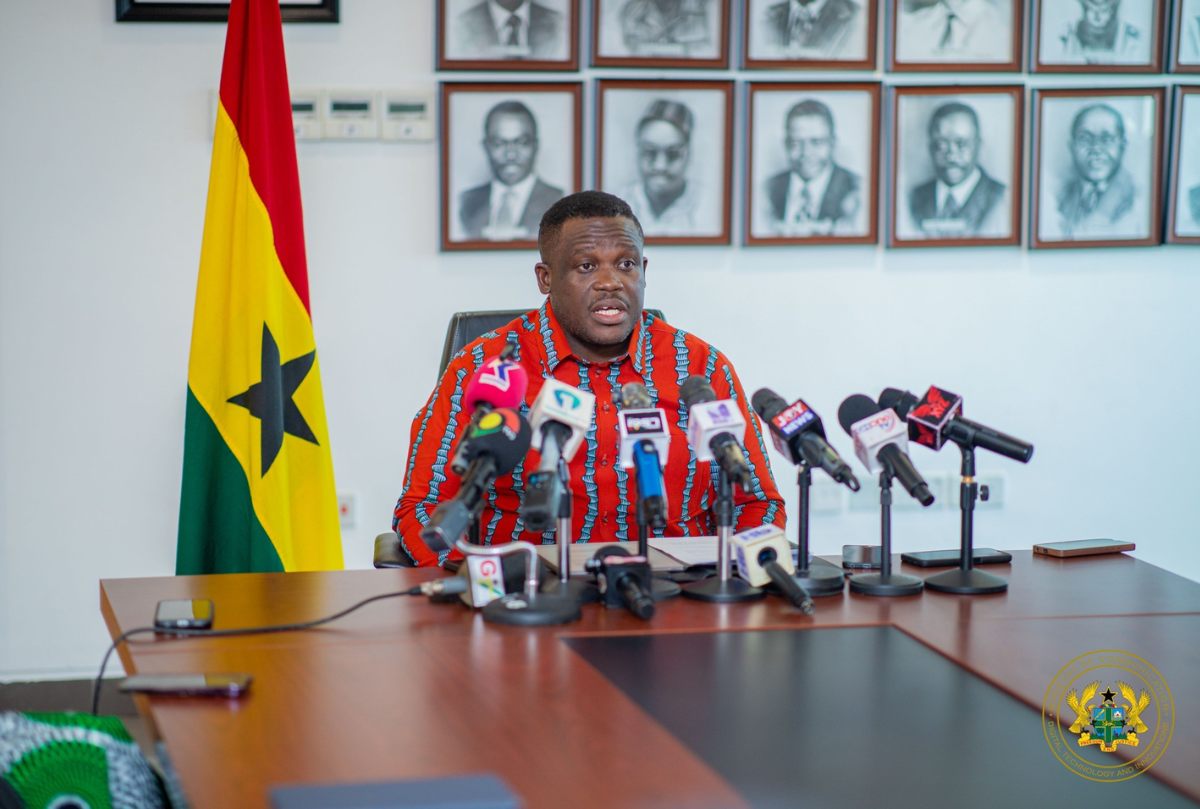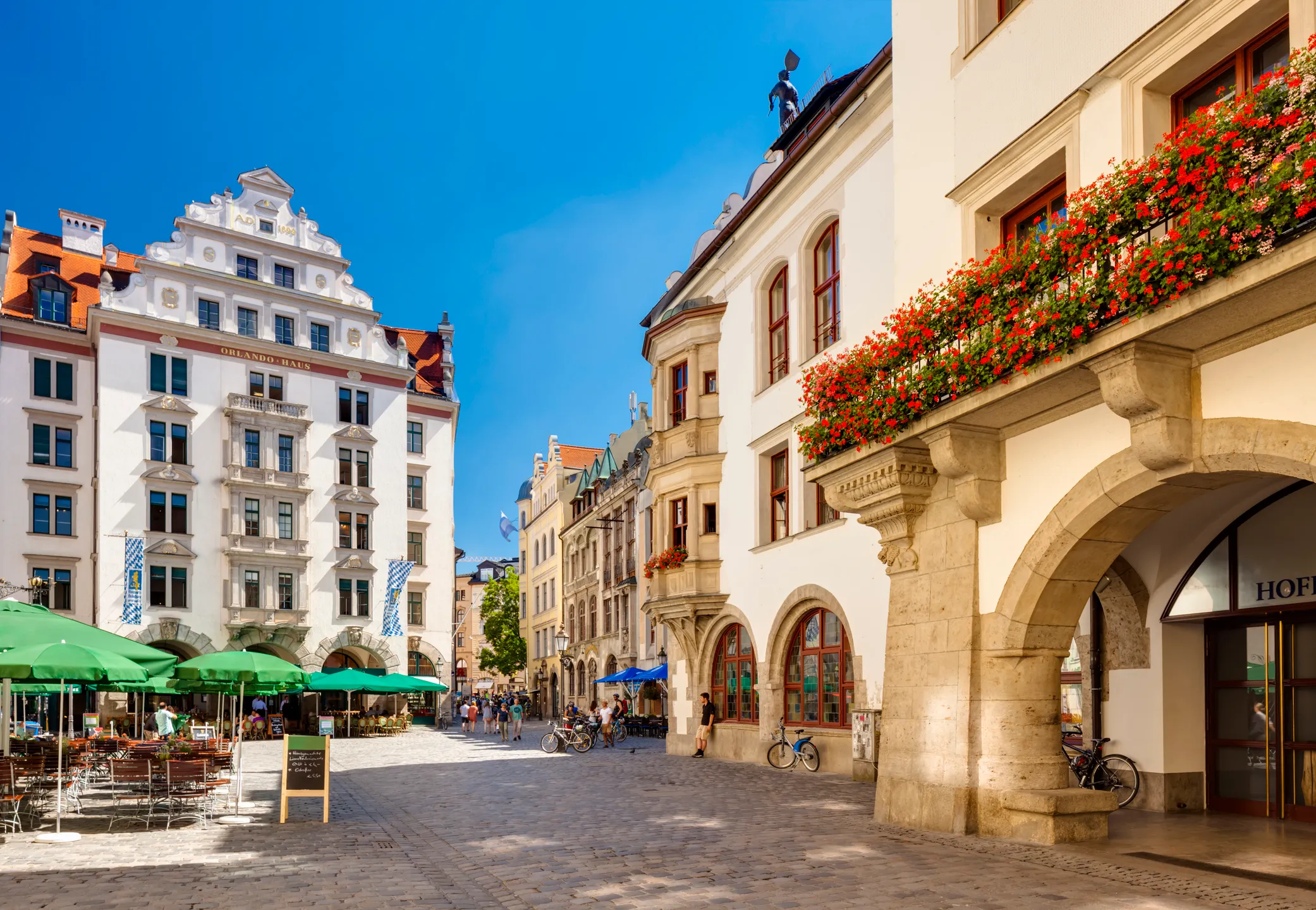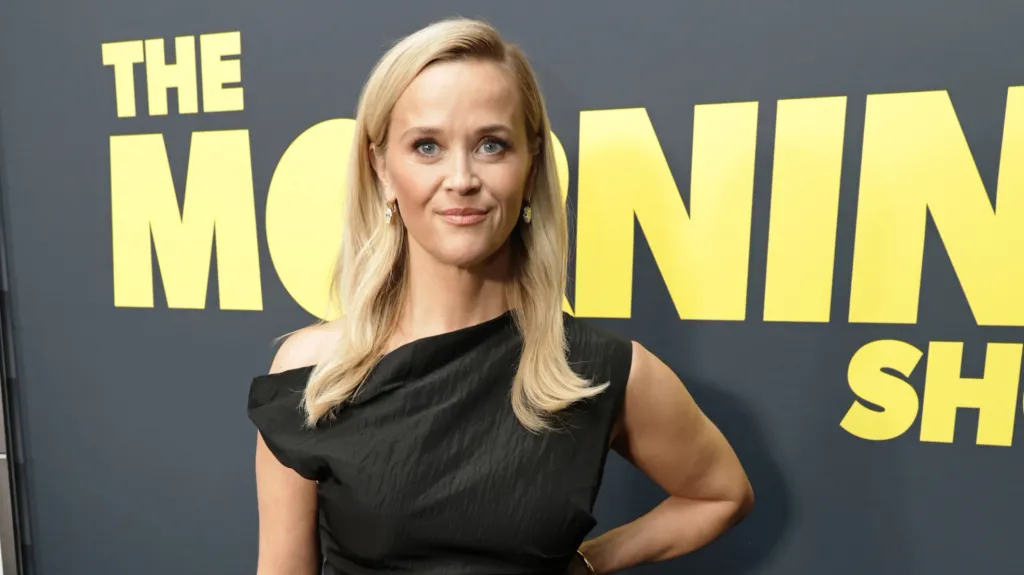
Over the past few months, we’ve heard multiple rumors claiming that Google was merging Android and ChromeOS to create a new computing platform. In July, Google confirmed that work was indeed underway on a synergic OS project. Well, it seems Android is going to be the platform and it will most likely appear on laptops next year.
What’s next on the PC horizon?
At Qualcomm’s annual event where the company announced the flagship Snapdragon X2 Elite series processors for Windows machines and the Snapdragon 8 Elite Gen 5 silicon for smartphones, the company pulled off another surprise in discussions with Google executives.
Recommended Videos
“So what we’re doing is we’re basically taking the ChromeOS experience and re-baselining the technology underneath it on Android. So that combination is something we’re super excited about for next year,” head of Android ecosystem at Google, Sameer Samat, was quoted as saying.
Google is working with Qualcomm (among others) on the project, which most likely means the latter will also provide the silicon for this new breed of machines. What that means is we’re going to get laptops that offer higher battery life, powerful processing cores, top-tier AI performance, and possibly cellular connectivity, as well.
What’s the big picture?
Now, Google is not killing Chrome OS, and Android tablets are not going anywhere, either. “We’re super committed to that platform,” Samat cleared. The whole idea behind an Android-powered laptop is focused on achieving seamless cross-device connectivity. The idea is not too different from Apple’s ecosystem, but Google is aiming for a deeper level of cross-device interactions, it seems.
Unlike Apple, where each device form factor has its own discrete OS, Google will keep Android on phones and tablets and will port the foundations over to laptops, as well. Broadly, that means apps should work seamlessly, and it would be much easier for users to start their work on one platform and continue on the other.
Samat explicitly mentioned that Google wants the laptop and the rest of the Android ecosystem to work as seamlessly as possible. “We’ve embarked on a project to combine that. We are building together a common technical foundation for our products on PCs and desktop computing systems,” senior Google executive, Rick Osterloh, also said on stage.



